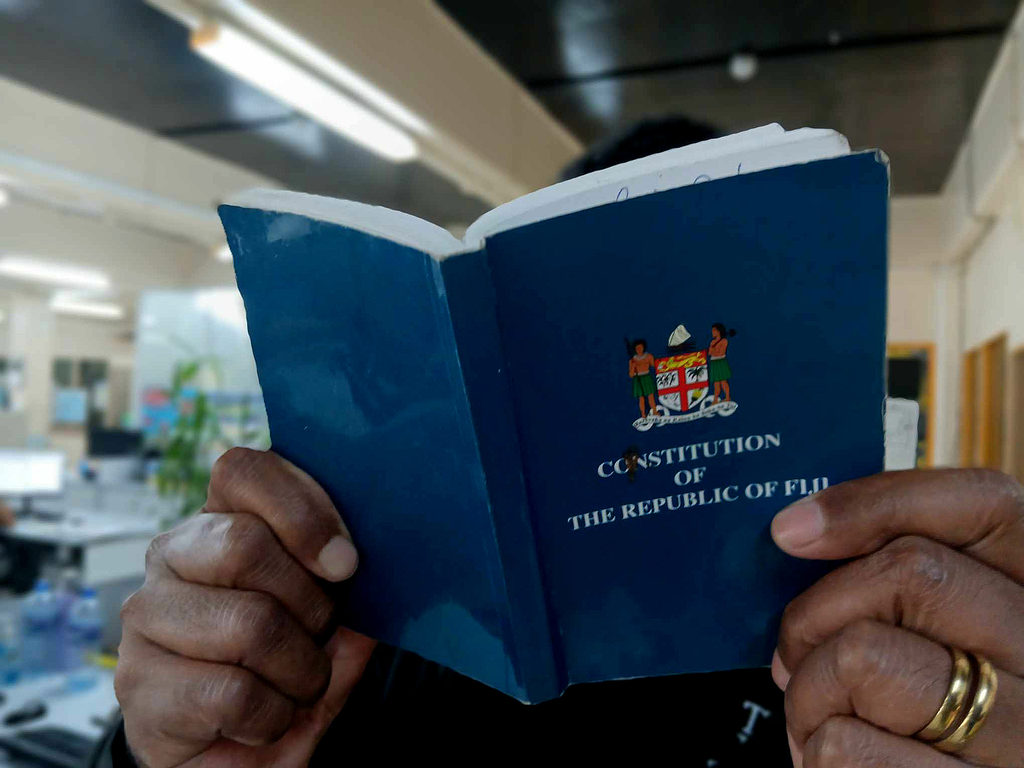The process of seeking a Supreme Court ruling on whether the 2013 Constitution’s rigid amendment rules are unconstitutional is in progress.
In response to questions by The Fiji Times Prime Minister Sitiveni Rabuka said Cabinet has formally referred the matter under section 90 (5), which allows the Supreme Court to interpret the Constitution.
“The main question before the court is likely to be the constitutionality of section 159 and 160,” Mr Rabuka said.
“Those are the parts that deal with the amendment of the Constitution.
“As you know, these are the ‘super majority’ provisions which say that we need three quarters of the MPs agreeing to any change, plus three quarters of the voters on the electoral roll, also endorsing any change.
“It’s an impossibly high threshold.”
The Supreme Court process is expected to begin once Cabinet signs off on the final set of legal questions, which are currently being settled by government lawyers in consultation with outside counsel.
“This is unchartered waters, and we have never faced this situation before, so yes, Government is consulting a range of experts who are working with our own lawyers to ensure we have the best legal advice before we go to the Supreme Court.
“Once the submissions are filed in court, I would expect at some point they will become public, but I don’t want to pre-empt the process or get ahead of what the Attorney-General’s advice will be on the issue.
The legal challenge sets the stage for what could become the most significant test of Fiji’s Constitution since its controversial adoption in 2013 under a non-elected regime.
“Legal advice government has received suggests that this is unconstitutional because it defeats the wishes of the people.
“The Supreme Court will have the last say on this.
“It is important for the public to understand that at this point, government is dealing with the procedure or process for changing the Constitution.
“Unless we can get over this hurdle, we cannot make any changes to the content of the Constitution.”
If the Supreme Court agrees that the current amendment rules are unlawful, the door could open to wide-ranging changes — but only, Mr Rabuka insists, after full public consultation.
“Matters of what should be retained or what should be removed if any, are for the people of Fiji to decide through a nation-wide, inclusive process of broad-based consultation, similar to the exercise conducted by Sir Paul Reeves,” he said.
“That is a good precedent and one which commends itself to my government.
“The process of seeking the views of the people will be transparent and participatory.
“That’s the way it works in a democracy.”



